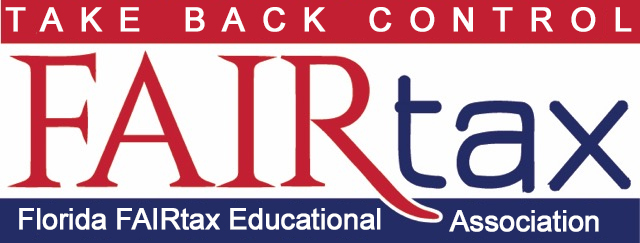The present federal tax system started with the passage of the 16th Amendment on Feb 3, 1913. It reads: The congress shall have power to lay and collect taxes on income, from whatever source derived, without apportionment among the several States, and without regard to any census or enumeration. From the 16th Amendment came the I.R.S.
A list of problems, bad practices and deceptions of the federal income/payroll tax system.
The first and foremost.
1. The federal income/payroll tax system is contrary to the Declaration of Independence, July 4th, 1776 with it’s principles set forth on individual liberty and freedom. The 16th Amendment, enables direct taxation, and the I.R.S. are also contrary to the Declaration of Independence.
“We hold these truths to be self-evident, that all men are created equal, that they are endowed by their Creator with certain unalienable Rights, that among them are Life, Liberty and the pursuit of Happiness.”
2. The I.R.S. is used by government and politicians for political purposes
3. The federal tax code is over 75,000 pages, growing and too large to understand and administer
4. Annual income tax filing with $450 billion spent to comply with the tax code
5. The tax code is used for power, control and to change behavior
6. Social Security and Medicare need funding changes for foreseeable future (1)
7. Taxes on jobs, income, savings and investments discourage wealth creation
8. Taxes on business are passed on with higher prices to the final consumer (2)
9. Low income pay higher tax rates on hidden/embedded taxes and payroll tax
10. Tax code drives out and rejects entry of jobs and capital for U.S.A. economy
11.Loss of civil rights as unelected I.R.S. agents act as judge and jury
12. Taxing business and jobs punishes Made in USA and increases prices
13. Paying taxes come before the care and feeding of the family
14. Tax evasion is over $700 billion annually, growing and ignored
15. The $2 trillion underground economy goes untaxed
16. Tax withholding reduces disposable income
17. Tax code divides us into classes, “United we stand, divided we fall”
18. The America Dream is punished with taxes on production and wealth creation
19. We pay over $450 billion to comply with tax laws and to stay out of jail
20. Federal tax laws make us financial slaves to our government
Which of the about list would you like to solve?
Each item in the list is addressed by the FAIRTax Act of 2023 HR 25, a bill now in Congress. The FAIRtax solution would defund the I.R.S. and repeal the
16th Amendment with companion legislation. The bill is to promote freedom, fairness, and economic opportunity by repealing the income tax, payroll tax and other taxes; to abolish the Internal Revenue Service, to enact a national sales/consumption tax to be administered primarily by the States and replacing the standard/itemized income tax deduction with the Prebate, a monthly tax refund based upon the legal resident family size.
What would you do?
1. Review the 20 issues, score each item from zero to 10 in relation to your dislike or like. Then ask yourself why you give it that score. This process helps you to better understand your thoughts. The higher the total number, the more you are a supporter, a freedom fighter for the FAIRtax Act.
2. Visit fairtax.org to learn more, view the short videos about “How the FAIRtax Works and the Prebate, join the all volunteer organization and contribute.
3. Phone your U.S. Representative and two Senators and tell them that you want the FAIRtax Act passed.
4. Spead the truth about real tax reform to your network and like minded people.
5. Hand out FAIRtax literature. Get free FAIRtax palm cards and Prebate cards at Printed Materials – FAIRtax Store.
References and sources for the above list are:
The Tax Deception by John Gaver
The FairTax Book by Neal Boortz and John Linder
FairTax: The Truth by Neal Boortz and John Linder
Fairtax.org Website
(1) Press Release | FAIRtax | fairtax.org
(2) Who Pays Corporate Taxes? Look in the Mirror by Phil Gramm and
Mike Solon, Wall Street Journal, April 23, 2024
